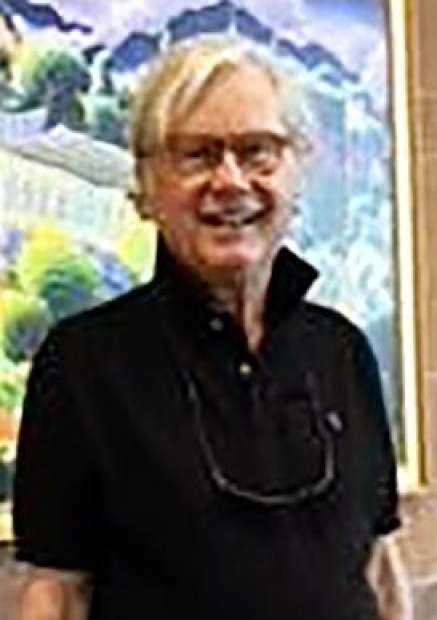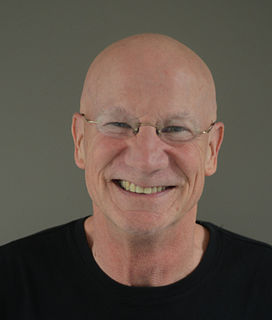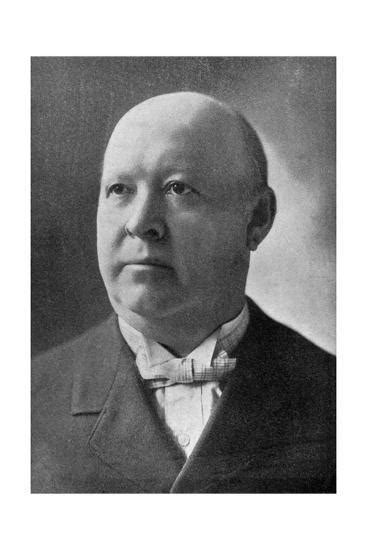Top 1200 Self Justification Quotes & Sayings - Page 2
Explore popular Self Justification quotes.
Last updated on April 17, 2025.
It is not his business to argue men into faith, for that cannot be done; but it is his business to demonstrate the intellectual adequacy of the biblical faith and the comparative inadequacy of its rivals, and to show the invalidity of the criticisms that are brought against it. This he seeks to do, not from any motive of intellectual self-justification, but for the glory of God and His gospel.
Self-knowledge is not the knowledge of a dead self, self-knowledge is the knowledge of the process of the self. It is an alive phenomenon. The self is not a thing, it is an event, it is a process. Never think in terms of things, the self is not there inside you just like a thing waiting in your room. The self is a process: changing, moving, arriving at new altitudes, moving into new planes, going deeper into new depths. Each moment much work is going on and the only way to encounter this self is to encounter it in relationship.
Freedom is a need of the soul, and nothing else. It is in striving toward God that the soul strives continually after a condition of freedom. God alone is the inciter and guarantor of freedom. He is the only guarantor. External freedom is only an aspect of interior freedom. Political freedom, as the Western world has known it, is only a political reading of the Bible. Religion and freedom are indivisible. Without freedom the soul dies. Without the soul there is no justification for freedom. Necessity is the only ultimate justification known to the mind.
All you need is already within you, only you must approach your self with reverence and love. Self-condemnation and self-distrust are grievous errors. Your constant flight from pain and search for pleasure is a sign of love you bear for your self, all I plead with you is this: make love of your self perfect. Deny yourself nothing -- glue your self infinity and eternity and discover that you do not need them; you are beyond.
I think, that a man never passes the verge of moral humility, till self-righteousness be dethroned, till the high and towering imaginations of the man's own righteousness by the law be levelled by the mighty weapons of the gospel, and he brought to submit to the righteousness of God for justification, which is, in the gospel revealed 'from faith to faith.'
I don't want to justify religion in terms of its benefits to us. I believe that, on balance, it does a lot of bad things, too - a tremendous amount. But I don't think that the final justification of religion is the good it does for people. I think the final justification is that it's true, and truth takes priority over consequences. Religion helps us deal with what is most important to the human spirit: values, meaning, purpose, and quality.
Speaking of Self-realizatio n is a delusion. It is only because people have been under the delusion that the non-Self is the Self and the unreal the Real that they have to be weaned out of it by the other delusion called Self-realizatio n; because actually the Self always is the Self and there is no such thing as realizing it.
It is a mistake to look at someone who is self assertive and say, "It's easy for her, she has good self-esteem." One of the ways you build self-esteem is by being self-assertive when it is not easy to do so. There are always times when self-assertiven ess requires courage, no matter how high your self-esteem.
An idol is something that we look to for things that only God can give. Idolatry functions widely inside religious communities when doctrinal truth is elevated to the position of a false god. This occurs when people rely on the rightness of their doctrine for their standing with God rather than on God himself and his grace. It is a subtly but deadly mistake. The sign that you have slipped into this form of self-justification is that you become what the book of Proverbs calls a 'scoffer'.
When you ask why did some particular question occur to a scientist or philosopher for the first time, or why did this particular approach seem natural, then your questions concern the context of discovery. When you ask whether the argument the philosopher puts forth to answer that question is sound, or whether the evidence justifies the scientific theory proposed, then you've entered the context of justification. Considerations of history, sociology, anthropology, and psychology are relevant to the context of discovery, but not to justification.
What exists in truth is the Self alone. The world, the individual soul and God are appearances in it. Like silver in mother-of-pearl, these three appear at the same time and disappear at the same time. The Self is that where there is absolutely no 'I thought'. That is called 'Stillness'. The Self itself is the world; the Self itself is 'I'; the Self itself is God; all is Siva, the Self.
Happiness is your real nature. You identify with yourself with the body and mind, feel it's limitations, and suffer. Realize your true self in order to open the store of happiness. That true self is the reality, the Supreme Truth, which is the self of all the world you now see, the self of all the selves, the One real, the Supreme, the Eternal self - as distinct from the ego or the bodily idea for the self.
Dysfunctions can occur in each of the self-regulatory subfunctions-in how personal experiences are self-monitored and cognitively processed, in the evaluative self-standards that are adopted, and in the evaluative self-reactions to one's own behavior.. Problems at any one of these points can create self-dissatisfactions and dejection. dysfunctions in all aspects of the self system are most apt to produce the most chronic self-disparagement and despondency
Everyone has a self-destructive nature in them. It's whether you feed it or not. You don't have to be a pop star to feel connected to destruction or self-destruction. But self-destruction is self-obsession, and self-obsession is not really possible if you're engaged in raising children. And if you have a spiritual life, you're constantly being asked to see yourself as one small fragment in the bigger picture.
The existence of a medium, after all, is its absolute justification, if as so many seem to think, it needs one and all comparison of potentialities is useless and irrelevant. Whether a water-color is inferior to an oil, or whether a drawing, an etching, or a photograph is not as important as either, is inconsequent. To have to despise something in order to respect something else is a sign of impotence. [emphasis added] Let us rather accept joyously and with gratitude everything through which the spirit of man seeks to an ever fuller and more intense self-realization.
Many Christians in the evangelical tradition use words like "conversion," "regeneration," "justification," "born-again," etc. all as more or less synonyms to mean "becoming a Christian from cold." In the classic Reformed tradition, the word "justification" is much more fine-tuned than that and has to do with a verdict which is pronounced, rather than with something happening to you in terms of actually being born again. So that I'm actually much closer to some classic Reformed writing on this than some people perhaps realize.
There is no reaching the Self. If Self were to be reached, it would mean that the Self is not here and now but that it is yet to be obtained. What is got afresh will also be lost. So it will be impermanent. What is not permanent is not worth striving for. So I say the Self is not reached. You are the Self; you are already That.























































